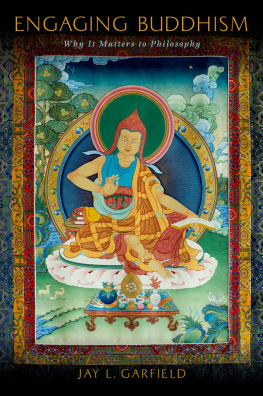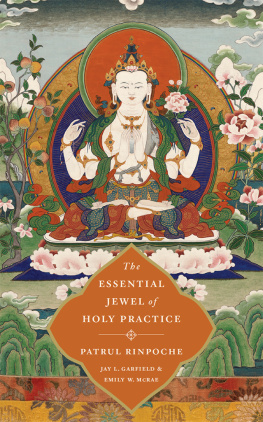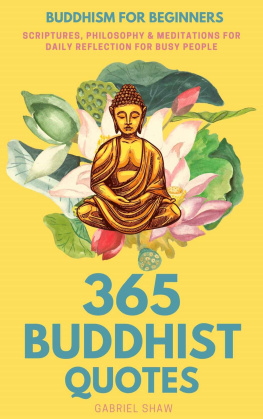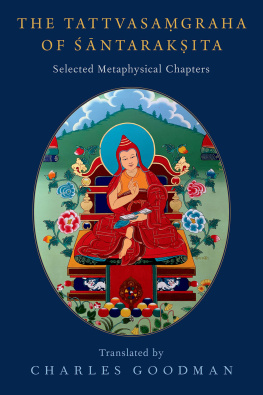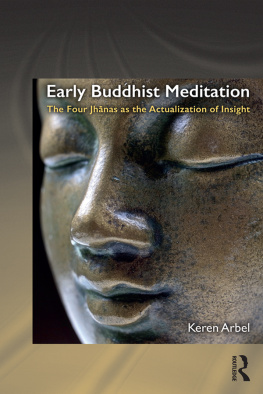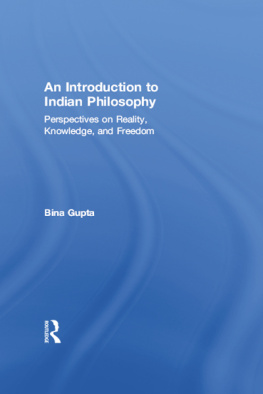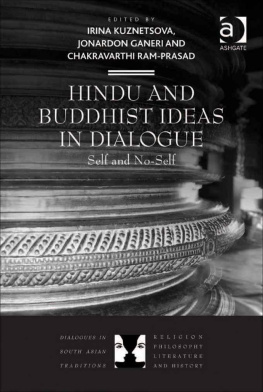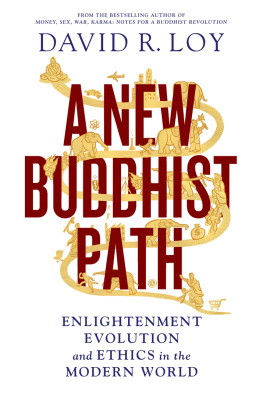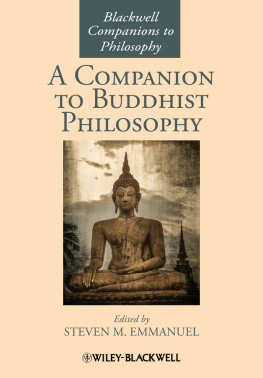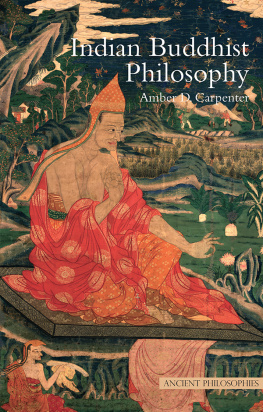ENGAGING BUDDHISM

Oxford University Press is a department of the University of Oxford. It furthers the Universitys objective of excellence in research, scholarship, and education by publishing worldwide.
OxfordNew York
AucklandCape TownDar es SalaamHong KongKarachi
Kuala LumpurMadridMelbourneMexico CityNairobi
New DelhiShanghaiTaipeiToronto
With offices in
ArgentinaAustriaBrazilChileCzech RepublicFranceGreece
GuatemalaHungaryItalyJapanPolandPortugalSingapore
South KoreaSwitzerlandThailandTurkeyUkraineVietnam
Oxford is a registered trademark of Oxford University Press in the UK and certain other countries.
Published in the United States of America by
Oxford University Press
198 Madison Avenue, New York, NY 10016
Oxford University Press 2015
All rights reserved. No part of this publication may be reproduced, stored in a retrieval system, or transmitted, in any form or by any means, without the prior permission in writing of Oxford University Press, or as expressly permitted by law, by license, or under terms agreed with the appropriate reproduction rights organization. Inquiries concerning reproduction outside the scope of the above should be sent to the Rights Department, Oxford University Press, at the address above.
You must not circulate this work in any other form and you must impose this same condition on any acquirer.
Cataloging-in-Publication Data is on file at the Library of Congress.
ISBN 9780190204341 (pbk.)
ISBN 9780190204334 (hpk.)
eISBN 9780190204365

For the ven Prof Geshe Yeshes Thabkhas
Whose extraordinary kindness,
Whose perfect clarity as a teacher
And whose profound insight
Into the meaning of the Buddhadharma
Has made it possible for me, and for so many others
To approach and to benefit from the ocean of Buddhist philosophy.
CONTENTS
The Western philosophical tradition is, of course, part and parcel of Western culture, entangled as much with Western politics and history as it is with Western religion and science. And these political and historical threads, like the more conceptual threads deriving from religion and science, determine, often in ways of which philosophers are but dimly aware, the character of the discipline.
While philosophy is, among contemporary academic disciplines, unique in containing its own history as a subspeciality, that history is too often focused on the history of specifically philosophical texts and their immediate intellectual context. The larger political history of the discipline is often occluded, and our self-understanding is thereby impaired. Unfortunately, that impairment is not a merely intellectual disability; it has a moral dimension as well. For the Western colonial enterprise, and the racism and blindness to non-Western ideas it enshrines, is as much a part of our intellectual heritage as are Plato, Augustine and Galileo. As a consequence, we are accustomed to regarding philosophy as denoting Western philosophy, metaphysics as denoting Western metaphysics, ancient philosophy as denoting Greek philosophy, and so on. And to the extent that in our professional practice, either in scholarship, the organization of professional meetings and journals, or in curriculum, we recognize non-Western philosophy at all, it is marked: Asian philosophy; Indian Philosophy; African philosophy, or the like. European philosophy is just philosophy, the unmarked, privileged case, the core as it is sometimes put.
That phrase the core is revealing. When we use it we re-affirm the position of the European tradition at the center of human history, as the most important intellectual tradition the world has ever known, as that around which all others revolve. In the wake of colonialism and in the context of racism, this is both intellectually and morally indefensible. Indeed, the entire conduct of philosophy as a disciplinefrom the way our curriculum is structured to the way we run our professional organizations and journalslooks to anyone not already socialized into it like an extension of a British club in India, celebrating European intellectual hegemony and excluding the natives.
To take the West as the unique locus of philosophical activity was never a good idea. For one thing, it is obviously and demonstrably false. For another, to do so deprives us of valuable philosophical insights. For yet another, in the context of centuries of racism and colonialism, it is to perpetuate at least a passive deprecation of non-Western cultures and people. All of this is a problem for us. And, as Eldridge Cleaver put it so eloquently, Youre either part of the solution or youre part of the problem (Scheer 1968, xxxii).
This book is not devoted to making that case. Indeed, I dont think that anything but ostension is needed to make that case. Instead, it is meant as a step towards remediating the problem. For recognition of transgression is not sufficient to enable redemption. One needs to begin to see routes to a better way of living, and most contemporary Western philosophers, through no fault of their own, have been educated in so parochial a fashion that they cannot even imagine an alternative to their own philosophical practice.
To take the Buddhist tradition seriously in in the way I do here is one of the many first steps we might take in the way of solving the problem of Western parochialism. It is not the only possible first step, and it had better not be the last. The Buddhist tradition is but one of many non-Western philosophical traditions, and one way to gain access to them is to peruse a truly comprehensive history of philosophy, such as ). Or one might choose a great non-Western text and dive in. Or retrain entirely. Any of these approaches work. A truly global philosophy must attend to non-Buddhist Indian philosophy, to Daoist and Confucian philosophy, to the many schools of Africana philosophical thought, to Native American philosophical thought and to a range of other less well-known intellectual traditions. But Buddhist philosophy is what I can offer, and I offer it here in the hope that attention to these ideas will advance the goal of a truly global philosophical engagement.
For those philosophers whose preoccupations are more systematic, and less historical or cultural in nature, I suspect that such engagement is best facilitated by attention to how some particular non-Western tradition can enable one to think through philosophical problems with which one is already preoccupied, or to see how non-Western voices can participate in current discussions. That is what I propose to do here, using the Buddhist tradition as a case study. I choose the Buddhist tradition for two reasons. First, and most important, it is the one with which I am most familiar. Someone else might, and should, write a similar book on Daoist philosophy or on Native American philosophy. But I am not competent to do so.
Second, and perhaps less arbitrarily, my study of Buddhist philosophy and my work with colleagues in which we have integrated Buddhist and Western approaches and ideas, convinces me that this is a living tradition that benefits from engagement with the West, and from engagement with which Western philosophy benefits. An important precondition for genuine conversationmutual interestis hence satisfied. Another precondition for successful conversation is also satisfied, and in part motivates this book: The concerns and methods of Buddhist philosophy and Western philosophy are sufficiently proximate to each other, sharing sufficient horizons, that they are easily mutually intelligible, but sufficiently distant from one another that each has something to learn from the other. Conversation can hence be productive.

